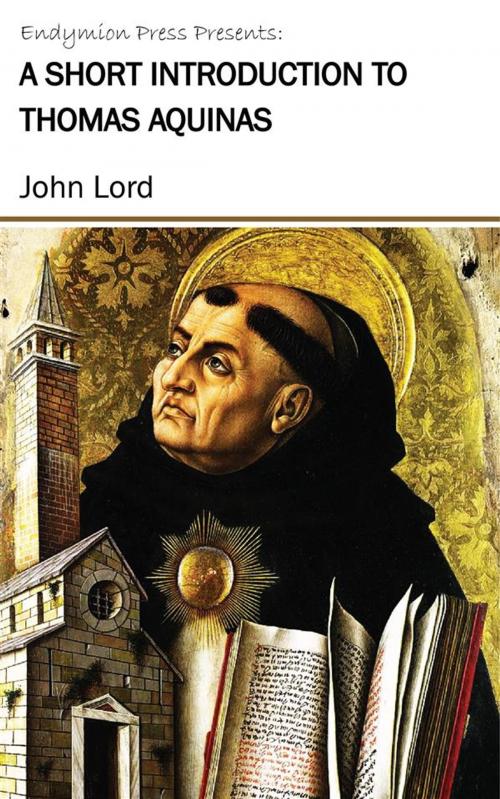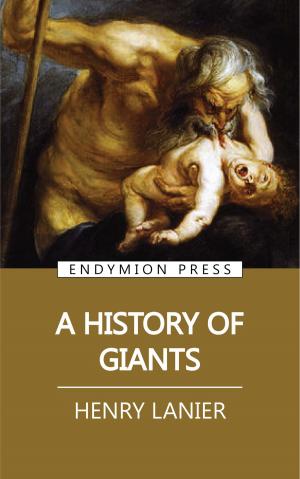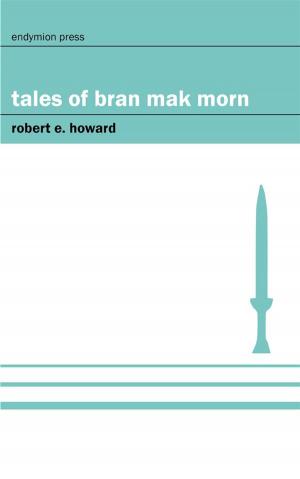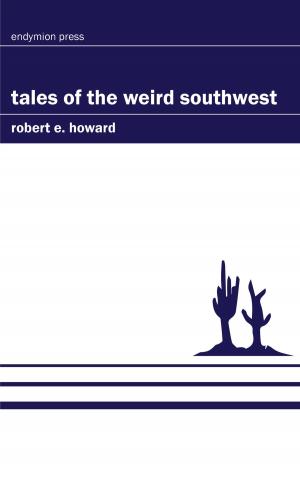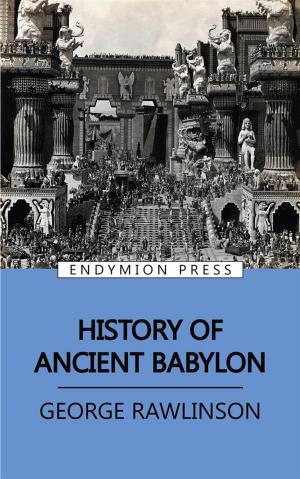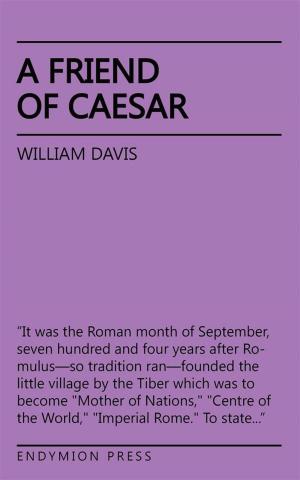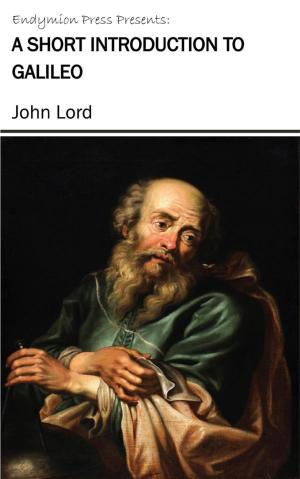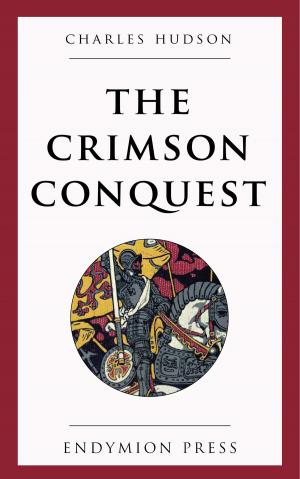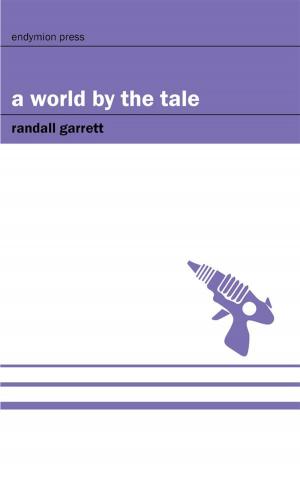| Author: | John Lord | ISBN: | 9781537825366 |
| Publisher: | Endymion Press | Publication: | April 23, 2017 |
| Imprint: | Language: | English |
| Author: | John Lord |
| ISBN: | 9781537825366 |
| Publisher: | Endymion Press |
| Publication: | April 23, 2017 |
| Imprint: | |
| Language: | English |
We have seen how the cloister life of the Middle Ages developed meditative habits of mind, which were followed by a spirit of inquiry on deep theological questions. We have now to consider a great intellectual movement, stimulated by the effort to bring philosophy to the aid of theology, and thus more effectually to battle with insidious and rising heresies. The most illustrious representative of this movement was Thomas of Aquino, generally called Thomas Aquinas. With him we associate the Scholastic Philosophy, which, though barren in the results at which it aimed, led to a remarkable intellectual activity, and hence, indirectly, to the emancipation of the mind. It furnished teachers who prepared the way for the great lights of the Reformation.
Anselm had successfully battled with the rationalism of Roscelin, and also had furnished a new argument for the existence of God. He secured the triumph of Realism for a time and the apparent extinction of heresy. But a new impulse to thought was given, soon after his death, by a less profound but more popular and brilliant man, and, like him, a monk. This was the celebrated Peter Abélard, born in the year 1079, in Brittany, of noble parents, and a boy of remarkable precocity. He was a sort of knight-errant of philosophy, going from convent to convent and from school to school, disputing, while a mere youth, with learned teachers, wherever he could find them. Having vanquished the masters in the provincial schools, he turned his steps to Paris, at that time the intellectual centre of Europe. The university was not yet established, but the cathedral school of Notre Dame was presided over by William of Champeaux, who defended the Realism of Anselm...
We have seen how the cloister life of the Middle Ages developed meditative habits of mind, which were followed by a spirit of inquiry on deep theological questions. We have now to consider a great intellectual movement, stimulated by the effort to bring philosophy to the aid of theology, and thus more effectually to battle with insidious and rising heresies. The most illustrious representative of this movement was Thomas of Aquino, generally called Thomas Aquinas. With him we associate the Scholastic Philosophy, which, though barren in the results at which it aimed, led to a remarkable intellectual activity, and hence, indirectly, to the emancipation of the mind. It furnished teachers who prepared the way for the great lights of the Reformation.
Anselm had successfully battled with the rationalism of Roscelin, and also had furnished a new argument for the existence of God. He secured the triumph of Realism for a time and the apparent extinction of heresy. But a new impulse to thought was given, soon after his death, by a less profound but more popular and brilliant man, and, like him, a monk. This was the celebrated Peter Abélard, born in the year 1079, in Brittany, of noble parents, and a boy of remarkable precocity. He was a sort of knight-errant of philosophy, going from convent to convent and from school to school, disputing, while a mere youth, with learned teachers, wherever he could find them. Having vanquished the masters in the provincial schools, he turned his steps to Paris, at that time the intellectual centre of Europe. The university was not yet established, but the cathedral school of Notre Dame was presided over by William of Champeaux, who defended the Realism of Anselm...
